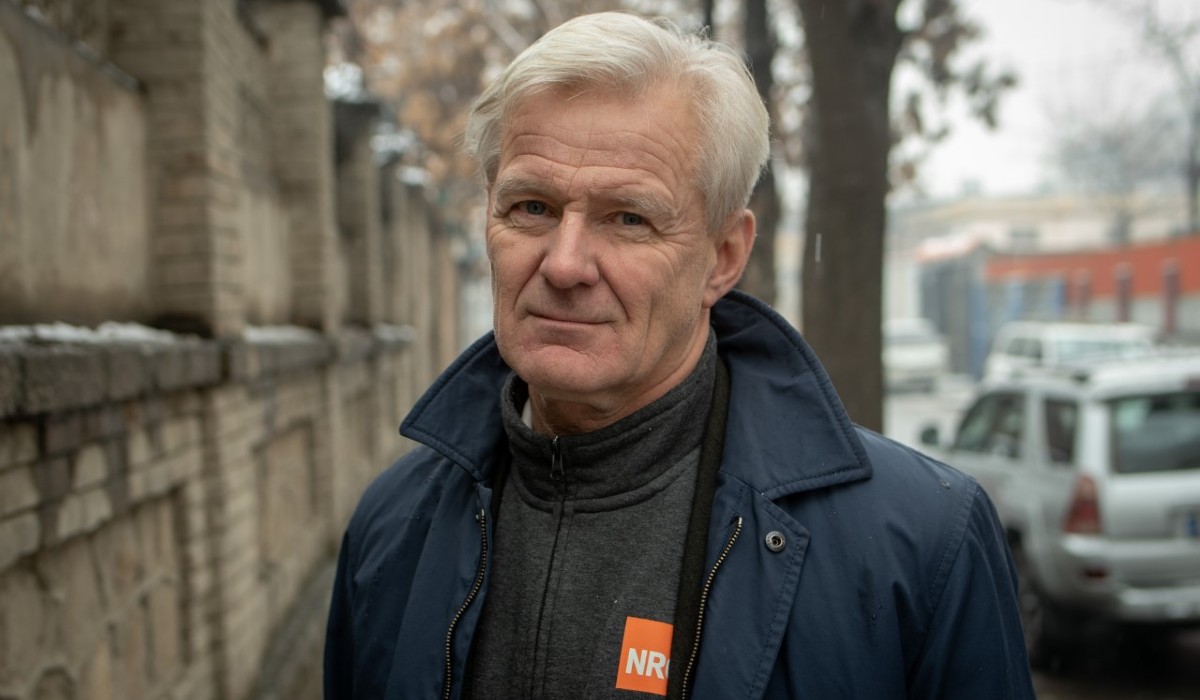The Secretary General of the Norwegian Refugees Council, Jan Egeland, said on Monday that without female staff, they cannot work and will not work in Afghanistan.
Egeland arrived in Kabul on Sunday to meet with the Islamic Emirate’s officials about the ban on women aid workers.
“I am here in Afghanistan to meet Taliban leaders and try to find a way to get out of the current ban on our female workers, which is paralyzing all our humanitarian work in Afghanistan,” he said.
This comes as many humanitarian organizations have expressed concerns about the consequences of banning women from working in NGOs.
TOLOnews spoke with a number of vulnerable Afghans who are struggling with dire conditions.
Bibi Jan, the mother of 10 children, said her husband is sick and that they are facing severe economic challenges.
“We need stove, wood, flour, tea and sugar if we are supposed to be helped. We live here in a tough situation,” Bibi Jan said.
“If we are not provided with aid, we will face severe challenges. We don’t have wood and coal,” said Hoodkhil, a Kabul resident.
The Secretary General of the Norwegian Refugees Council met with the acting Minister of Refugees and Repatriation, Khalil Rahman Haqqani, in Kabul.
According to the ministry’s spokesman, the acting minister vowed to make efforts to find a solution for women aid workers within an Islamic structure.
“Mr. Haqqani urged them not to politicalize humanitarian aid and not to make it conditions-based. The aid comes for humanitarian purposes for ordinary Afghans and it should not be affected and should continue,” said Abdul Mutalib, a spokesman for the ministry.
Analysts said that Afghanistan needs the international community’s assistance more than ever.
“We see that 91 percent income of a medium family in Afghanistan is spent on their food,” said Siyar Qureshi, an analyst.
This comes as Martin Griffiths, Under-Secretary-General for Humanitarian Affairs and Emergency Relief Coordinator said that around 97 percent of the Afghans are living in poverty and two-thirds of the country’s population needs humanitarian aid to survive.













